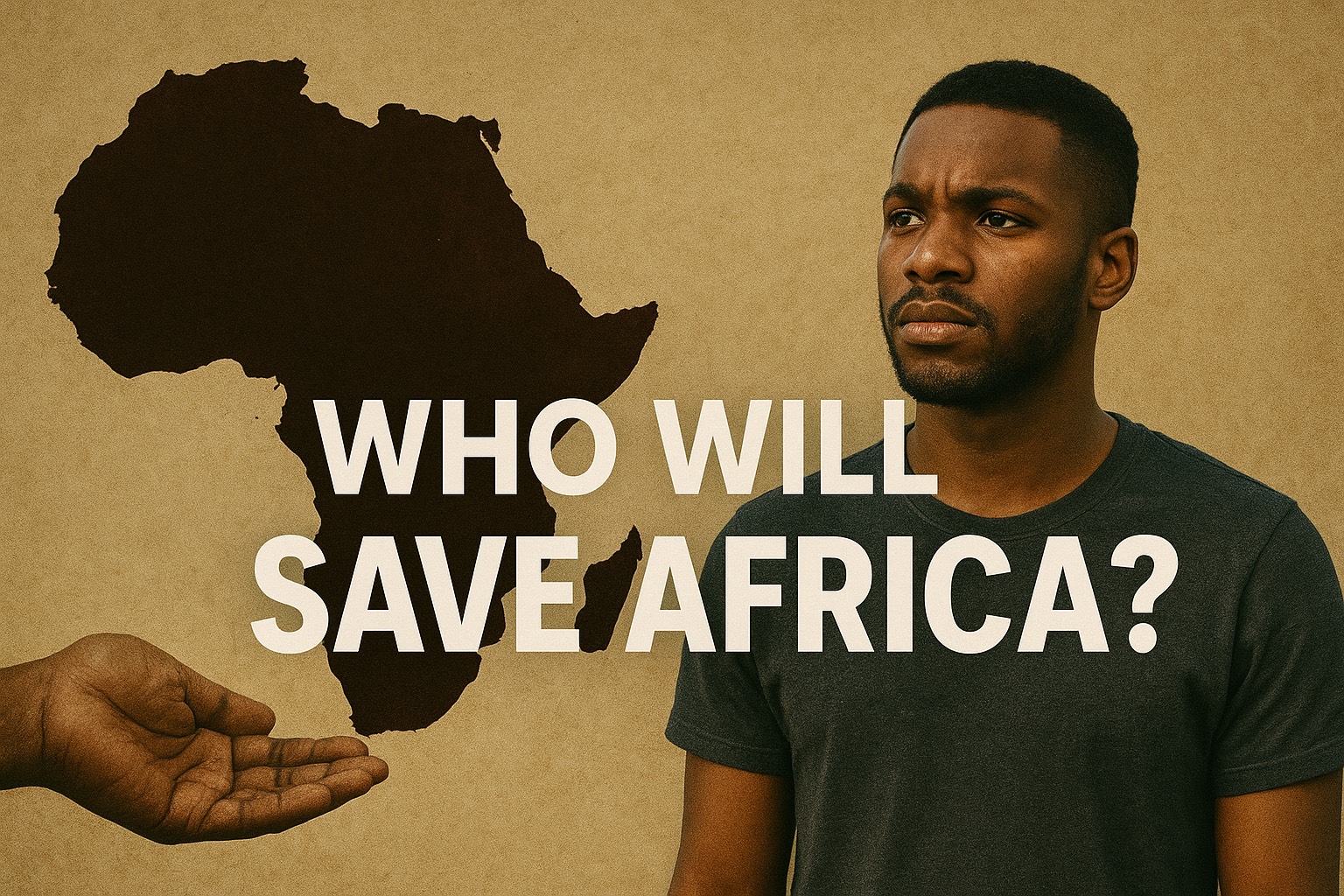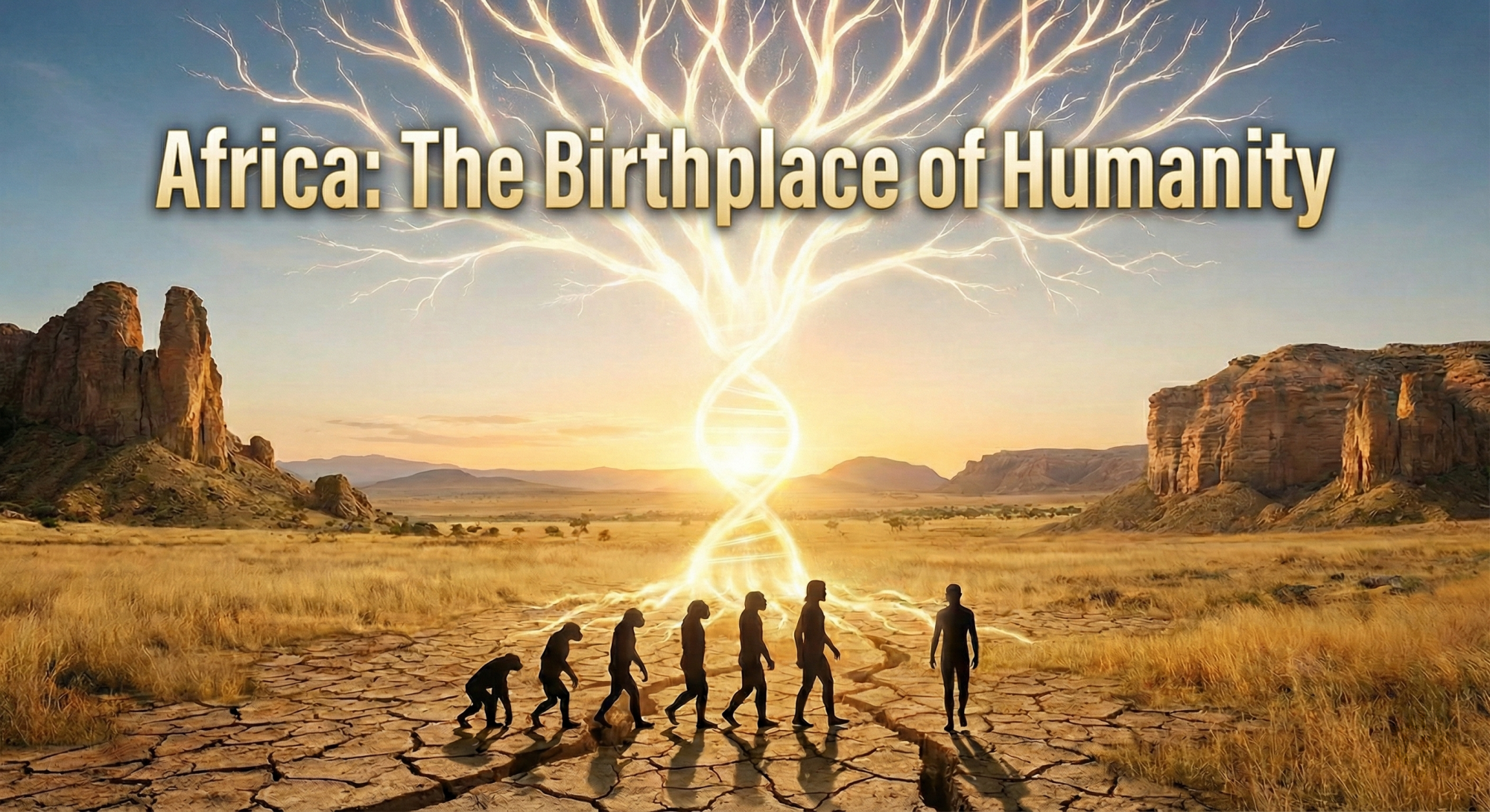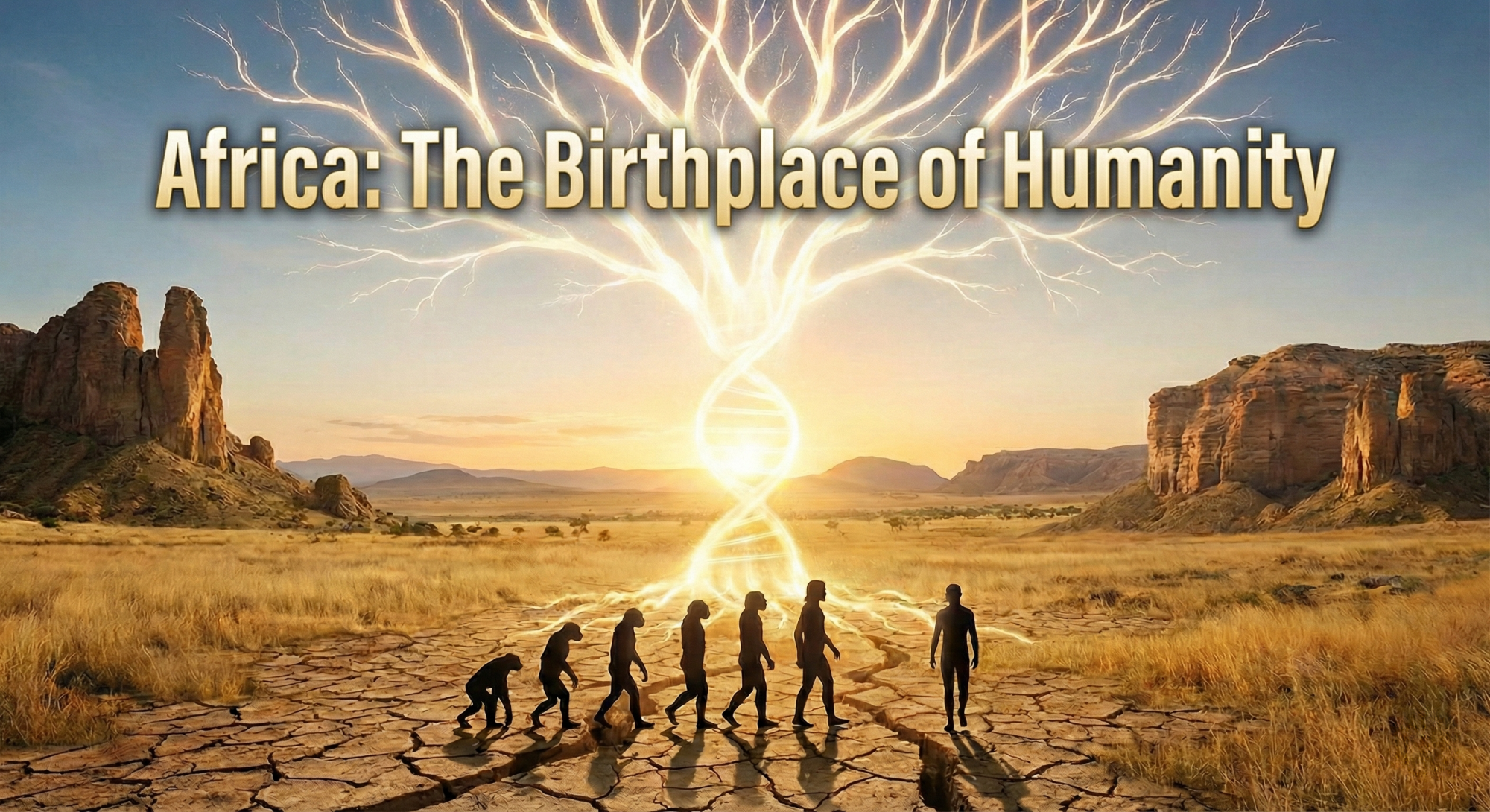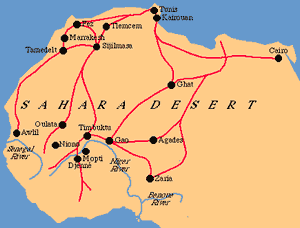Who Will Save Africa?

Who Will Save Africa?
Who will save Africa? Not aid, not outsiders, not politicians. The answer is Africans themselves through innovation, unity, and a mindset shift.
Introduction: The Loaded Question
“Who will save Africa?”
It’s the kind of question you’ve probably heard before, sometimes whispered in NGO boardrooms, splashed across newspaper opinion columns, shouted from political podiums. It lingers in conversations about poverty, corruption, or conflict. The phrasing alone makes you feel like Africa is a sinking ship, waiting for a rescue team to show up. But here’s the truth no one wants to say out loud: no one is coming. No Superman is flying in from the West, no benevolent billionaire wiring billions of dollars to fix the continent, no strongman politician who magically turns everything around. And that’s not bad news. In fact, it’s the best news possible. Because once we drop the illusion of outside saviours, we realise the only people who can and will save Africa are Africans themselves.
The Myth of the Outsider Saviour
Let’s start with the myths, because they’ve done serious damage to how the world sees Africa and how Africa sometimes sees itself.
1. The West and Aid Dependency. Billions of dollars have poured into Africa in the name of “aid.” Yet decades later, the narrative hasn’t changed much. Why? Because aid is often a business model, not a solution. It props up corrupt governments, funds endless “capacity building” workshops, and makes poverty look permanent so the money never stops flowing. The West tells itself it’s saving Africa, but in reality, it’s keeping Africa dependent.
2. China and the New Colonisation. Enter the new player: China. Shiny roads, railways, and stadiums seem like salvation at first glance. But look at the fine print when countries default on massive loans, key assets (like ports or mines) fall into Chinese control. That’s not rescue, that’s a mortgage on the future.
3. The Strongman Politician. Africans also fall for the myth of the local saviour, the politician who promises jobs, roads, and “change” during campaigns. But too often, once in office, they build palaces instead of policies, family dynasties instead of functioning democracies. Waiting for them to “save” us has been a generational disappointment.
The hard truth is simple: the cavalry is not on the way. And it shouldn’t be. Africa doesn’t need to be saved by outsiders because Africa was never designed to be anyone’s charity project. We are the youngest continent in the world, and 70% of Africans are under 30. That’s energy, creativity, and innovation waiting to be unleashed. We are also one of the richest continents in resources, culture, and human talent. Yet the obsession with a “saviour” blinds us from realising the power already in our hands. So, if not outsiders, then who?
Who Will Actually Save Africa?
1. Africans Themselves. Look around. It’s already happening.
• Entrepreneurs are solving problems governments ignore, fintechs like Flutterwave, healthtech like 54Gene, agritech startups making farming smarter, yeah, the team at CYSTADS helping Africans learn and record their history.
• Artists and creators are shaping global culture. Afrobeats is filling stadiums in London, Nollywood movies are trending on Netflix, and African fashion is strutting down Paris runways.
• Young innovators are coding, designing, and hacking their way into the global economy.
The people saving Africa aren’t waving flags about it; we’re simply building, creating, and refusing to wait.
2. Communities, Not Messiahs. Africans know something the West often forgets: progress is collective. Ubuntu in South Africa says, “I am because we are.” In Kenya, Harambee means “pulling together.” In Yoruba culture, Omoluabi is about character and responsibility to others. The lesson? Africa won’t be saved by a single hero but by communities working together, holding each other accountable, and lifting each other.
3. The Diaspora. Every year, Africans abroad send over $100 billion in remittances back home. That’s more money than foreign aid and foreign direct investment combined. But the diaspora’s power isn’t just financial, it’s intellectual and cultural. They carry global skills, networks, and influence that feed directly into Africa’s growth. They are not outsiders, they’re part of the continent’s heartbeat.
4. A New Mindset. The biggest saviour Africa needs isn’t a person; it’s a mindset shift.
• From victimhood to ownership.
• From waiting for handouts to building self-reliance.
• From blaming colonialism alone to realising that, while the scars are real, we now hold the pen to write our own future.
This shift is already brewing. You see it in the way young Africans are redefining success, not in running away from the continent, but in building something that makes others want to come here.
Lessons From History
History itself proves that Africa has always saved itself.
• The Battle of Adwa (1896). Ethiopia defeated Italy, becoming the only African nation to successfully resist European colonisation during the Scramble for Africa. That victory wasn’t gifted; it was fought for.
• The Anti-Apartheid Struggle. South Africans toppled apartheid through decades of resistance, boycotts, protests, and solidarity. It wasn’t foreign governments who ended apartheid; it was the people themselves.
• Pan-African Movements. Kwame Nkrumah, Julius Nyerere, Thomas Sankara, and others fought for independence not because someone came to “save” them, but because Africans demanded and claimed their freedom. Every time Africa has moved forward, it’s because Africans themselves took the wheel. Nobody is coming to save us!
The False Comfort of Waiting
Here’s the danger of the “saviour” question: it breeds passivity. When you believe someone else will save you, you stop trying to save yourself. You settle for waiting. You excuse corruption because “at least the aid will come.” You excuse bad leadership because “maybe the next election will bring a better guy.” But waiting is how empires collapse, how generations waste away, how potential rots unused. Africa doesn’t have the luxury of waiting. Not when we have the fastest-growing population in the world. Not when climate change is already hitting farmers. Not when global tech is moving at lightning speed.
So, Who Will Save Africa?
The uncomfortable but liberating answer is: we will.
• The farmer is adopting new techniques to feed her community.
• The coder in Lagos is building a payment solution used worldwide.
• The activist holding leaders accountable on Twitter and in the streets.
• The teacher who refuses to give up on a classroom of kids.
• The diaspora professional who invests, mentors, and connects back home. None of these people wears capes. None of them will make headlines like “saviours.” But together, they are the answer.
Conclusion: The Real Question
So the real question isn’t “Who will save Africa?” It’s: When will Africans stop waiting for someone else to do it? Because Africa doesn’t need another saviour. It needs its people awake, alive, and unapologetic about building the continent they want. The sooner we drop the saviour myth, the sooner we realise the truth: Africa is not waiting to be saved. Africa is saving itself, and the world better be ready for what comes next.
NB: We noticed that a lot of you enjoy this newsletter but are not joining our community. We would like to invite you to join CYSTADS today. Click here to join!


